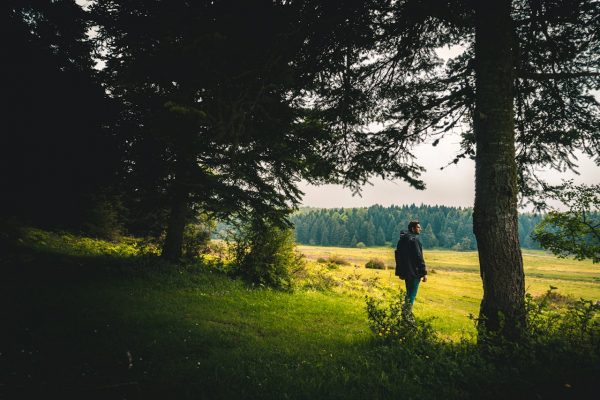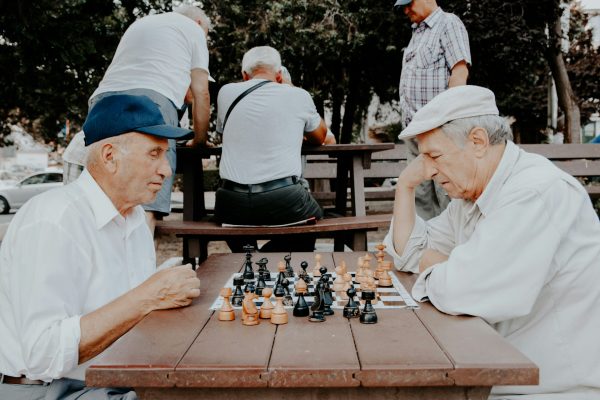College is a totally new place. Regardless of what year you are, there are new experiences to have, people to meet, classes to take, and memories to be made. Something that can change your college experience is your identity and identifying within the LGBTQIA+ Community is an example of this. Whether you’re going back to college or just headed there, here are some things to think about if you’re part of the LGBTQIA+ Community.
Without further ado, in no particular order:
Housing
I go to Montclair State University and have the privilege of living in an LGBTQIA+/Gender inclusive living community. This means it is a safe space for people of the LGBTQIA+ Community and its allies, without any worry about being discriminated against or looked at differently for being ourselves. This is also a space for transgender folks (or those who are not cisgender) to be placed based on their gender identity, not biological sex. To explain, at most schools, housing is not gender inclusive–it’s separated by biological sex. This means if one is a trans man, but born female, they would most likely be placed with girls. Gender inclusive housing is a privilege, and if your school doesn’t have a specific living community, you may want to look into their policies on housing and if there are places that are not separated by biological sex. Since the LGBTQIA+ Community deals with its own specific struggles, it’s awesome to have a space that you feel welcomed and comfortable, so definitely see what your school has in terms of housing. Additionally, if you happen to be headed to MSU, you can learn more about Stonewall Suites here.
Pronouns and used names
Another very important thing to look at is how professors and your school feels about gender pronouns and uses names. If you don’t know already, there is a whole chart of pronouns besides the binary of he and she that some people identify with. Are your professors and school’s faculty educated on this? Will they respect your pronouns if they are something different than the typical binary? Additionally, if you go by a different name then what is on your legal documents, can you get it changed? Look into contacting your professors so you don’t have to deal with that during roll call on the first day, if possible. Are your pronouns also different? Be sure to include those too!
Resources
As I mentioned, the LGBTQIA+ Community is one that comes with its own specific struggles, such as coming out, discrimination, and bullying. Since you may need to seek out resources if you’re struggling with topics relating to the LGBTQIA+ Community, it’s important to see what your campus has to offer. Is there an LGBTQ+ Resource Center that focuses specifically on this community? Does the Health Center have safe sex information for LGBTQIA+ folks? Are there people to talk to at the counseling center that are educated on these topics? Are there gender-inclusive bathrooms on campus? My blog and here are some resources if you’re struggling to find some or need some now.
Clubs and groups
In addition to professionals, there may be a Gay-Straight Alliance that can help bring the community and connect you with some other LGBTQIA+ folks. Maybe there is a Coming Out discussion group, Spectrums group, or another student-run organization on campus. Check out your school’s website’s list of organization to see. Don’t see anything? Why not look into starting your own?
Classes
Another way to find more community within LGBTQIA+ identities is to take classes that talk about it. Gender, Sexuality, and Women Studies tend to stereotypically be filled with people who identify or are allies of the LGBTQIA+ Community. My school also has an LGBTQ Studies minor that teaches you all about the LGBTQIA+ Community. Even if you have trouble finding other LGBTQIA+ folks, putting your head in books that you can relate to can be very comforting and help you learn more about yourself and your identity’s history.
Safety
While all of the above is very important, all of it is going to very difficult if you’re not on a safe campus. In an ideal world, the whole world would be accepting and polite to the Queer Community and it wouldn’t be a question of displaying PDA in a queer relationship, but we haven’t gotten there yet. Be sure to do research on your school’s views on the LGBTQIA+ Community and make sure that you’re comfortable with what you find. If you don’t find good things, see if you can find places on campus that people say are okay and safe for queer folks. This may include contacting students that lead the GSA or maybe someone you know from the school.
Events
This past summer I walked in NYC Pride with my school, and we’ve played Sex Toy Bingo, heard Coming Out Monologues, seen a Drag Show, and attended LGBTQIA+ Singles Nights. As I said, I’m very privileged at MSU as a member of the LGBTQIA+ Community. See if your school has anything going on to bring together this community to try and meet new people and enjoy the time where you can be yourself and make those memories I mentioned!
Whether you’re part of the LGBTQIA+ Community or not, you’ve probably noticed that things are a lot different for this marginalized, oppressed group. But don’t let it get to you and stay true to who you are because your identity is valid and real and should not be ignored. College should be an awesome experience, and all parts of it should include you and your identity, even if you have to seek out certain parts of campus. They can be the best ones! I hope this helps you out while going back or off to college!
This post was originally published on The Scalloped Edge.






